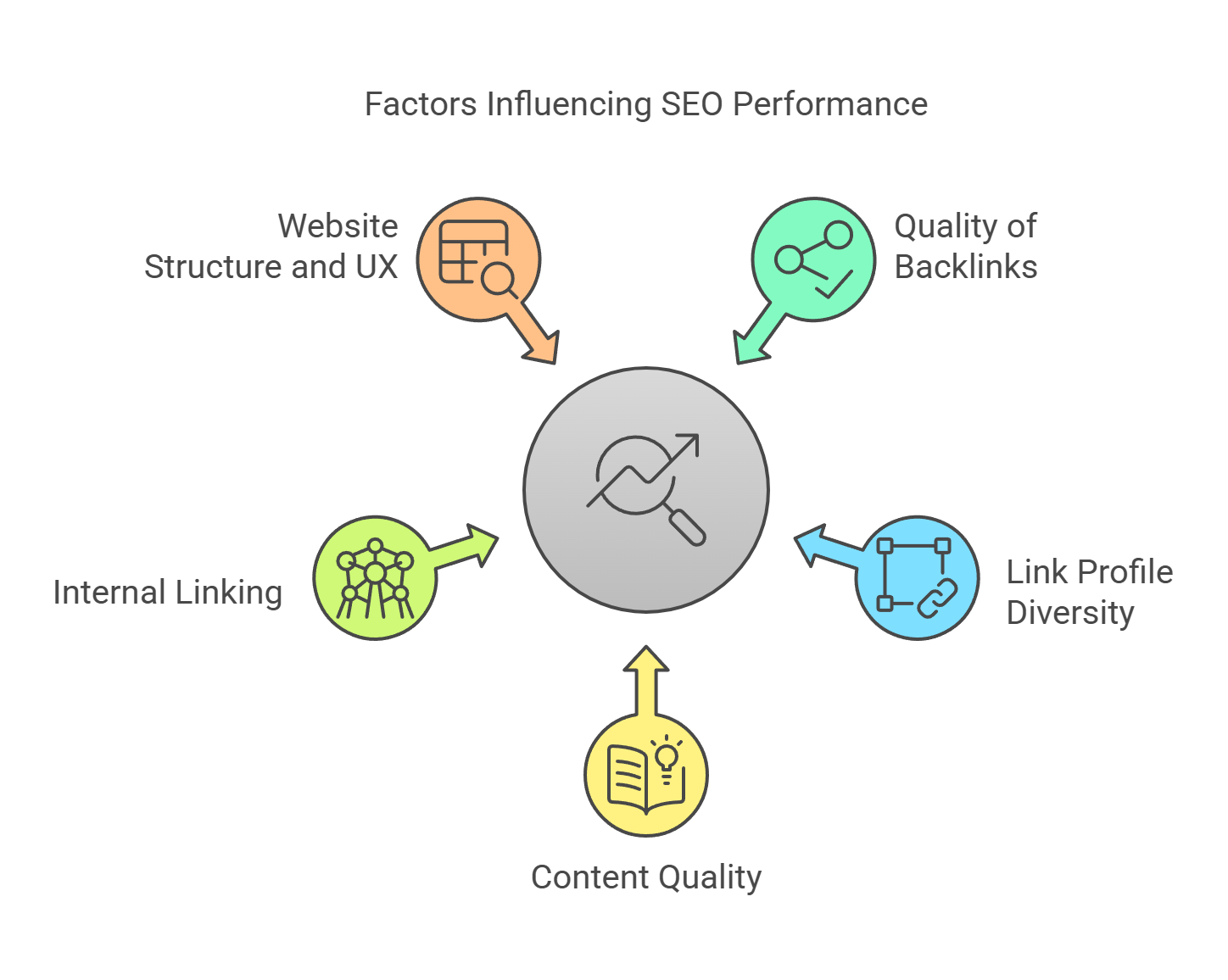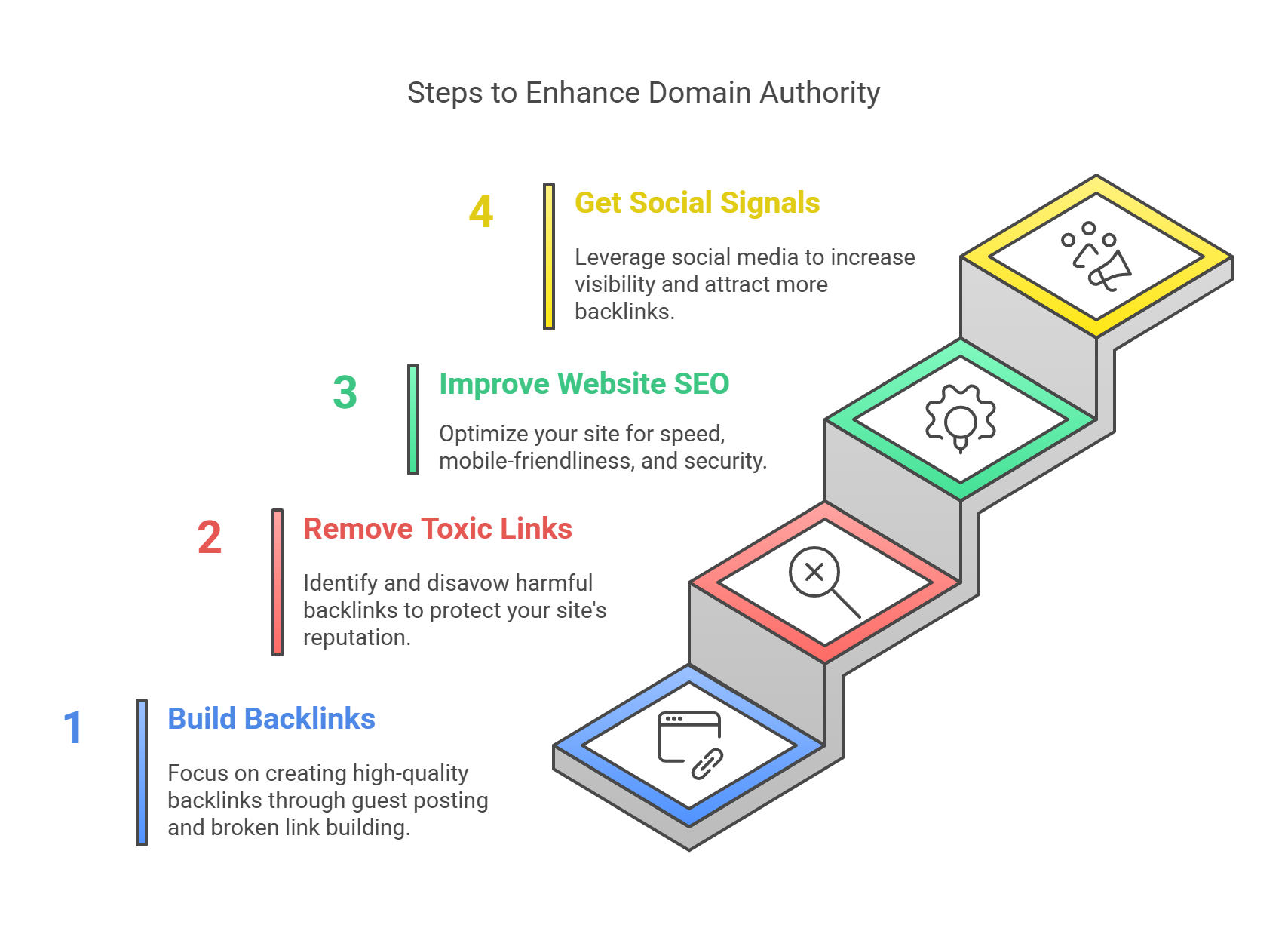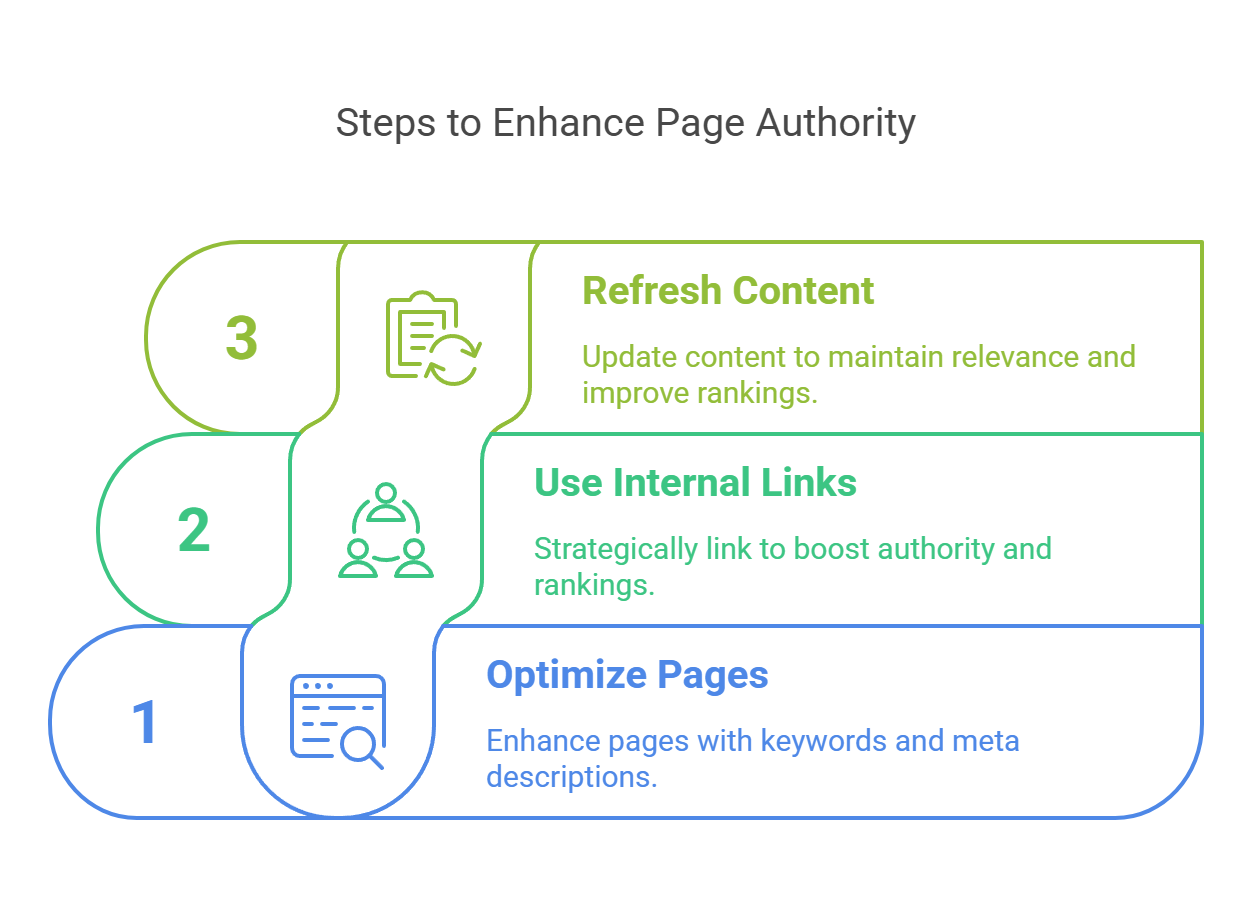How to Improve Your DA & PA Score – A Complete Guide
Learn how to improve your Domain Authority (DA) and Page Authority (PA) scores with practical, actionable SEO strategies. Boost your rankings and site credibility today!

If you’ve been working on your website’s SEO, chances are you’ve come across terms like DA (Domain Authority) and PA (Page Authority). But what do they actually mean? And more importantly, how can you boost them? Let’s break it all down in this complete, no-fluff guide.
What is Domain Authority (DA)?
Domain Authority is a metric developed by Moz to predict how likely a website is to rank on search engine result pages (SERPs). It’s scored on a scale from 1 to 100 – the higher, the better.
How is DA Calculated?
DA takes into account various factors, including linking root domains and the total number of links. It uses a machine learning algorithm to estimate how well a site will perform in search results compared to others.
What is Page Authority (PA)?
Page Authority is similar to DA, but instead of assessing the whole domain, it focuses on the ranking strength of a single page.
Key Differences Between DA and PA
- DA measures the strength of an entire domain or subdomain.
- PA looks at individual pages.
- Both are predictive scores, not actual ranking factors used by Google.
Why DA & PA Matter for SEO
While Google doesn’t use DA or PA directly, they are helpful indicators of how your site might perform in search. A higher score usually correlates with better rankings, more traffic, and increased credibility.
Factors Affecting DA & PA

Quality of Backlinks
Links from high-authority sites are SEO gold. One solid backlink from a reputable source is worth more than dozens of low-quality ones.
Link Profile Diversity
A healthy mix of backlinks from blogs, news sites, directories, and forums helps establish credibility and reduces risk.
Content Quality
Google loves fresh, relevant, and helpful content. So do your readers. Better content = better chances of earning quality backlinks.
Internal Linking
Smart internal linking helps spread link equity across your site and improves crawlability for search engines.
Website Structure and UX
A clean, user-friendly structure helps both users and search engines navigate your site easily.
How to Improve Domain Authority (DA)

Build High-Quality Backlinks
This is the #1 way to grow your DA. Focus on:
Guest Posting
Offer to write valuable content for reputable sites in your niche. It’s a win-win: they get content, you get a backlink.
Broken Link Building
Find broken links on other websites and offer your content as a replacement. It’s helpful and smart outreach.
Remove Toxic Links
Use tools like Moz or Ahrefs to identify spammy backlinks and disavow them to prevent harm to your DA.
Improve Website SEO
Ensure your site is technically sound – fast loading, mobile-friendly, secure (HTTPS), and properly structured.
Get Social Signals
While not direct ranking factors, social shares can drive traffic and increase visibility, leading to more backlinks.
How to Improve Page Authority (PA)

Optimize Individual Pages
Use keyword-rich headings, compelling meta descriptions, and relevant internal and external links.
Use Internal Links Wisely
Link to high-performing pages from other content to pass on authority and boost rankings.
Refresh Outdated Content
Google loves updated content. Keep your pages current by adding new stats, refining information, and improving formatting.
Tools to Check DA & PA Scores
- WmTools - DA PA Checker
- Fowtools - Bulk DA PA Checker
These tools help you monitor your scores and find areas to improve.
Common Mistakes to Avoid
- Chasing quantity over quality with backlinks
- Ignoring technical SEO
- Not regularly auditing your link profile
- Publishing thin or duplicate content
- Not using analytics to guide your strategy
How Long Does It Take to Increase DA & PA?
This isn’t an overnight game. Think months, not weeks. Consistency in publishing great content and building quality links is key.
Final Thoughts
Improving your DA and PA scores is totally doable with the right strategy and a bit of patience. Focus on quality, stay consistent, and keep learning. These metrics might just be numbers, but behind them lies your site’s real SEO strength.
Boost your SEO! 🚀 Check your domain authority (DA) & page authority (PA) with our free DA PA Checker 🔍
— WmTools (@wmtools_me) March 18, 2025
https://t.co/rXDq5zpGlV#SEO #DigitalMarketing #DA #PA #Rankings
Want a quick win? Start by fixing broken links and updating old posts. Small changes can lead to big results.




